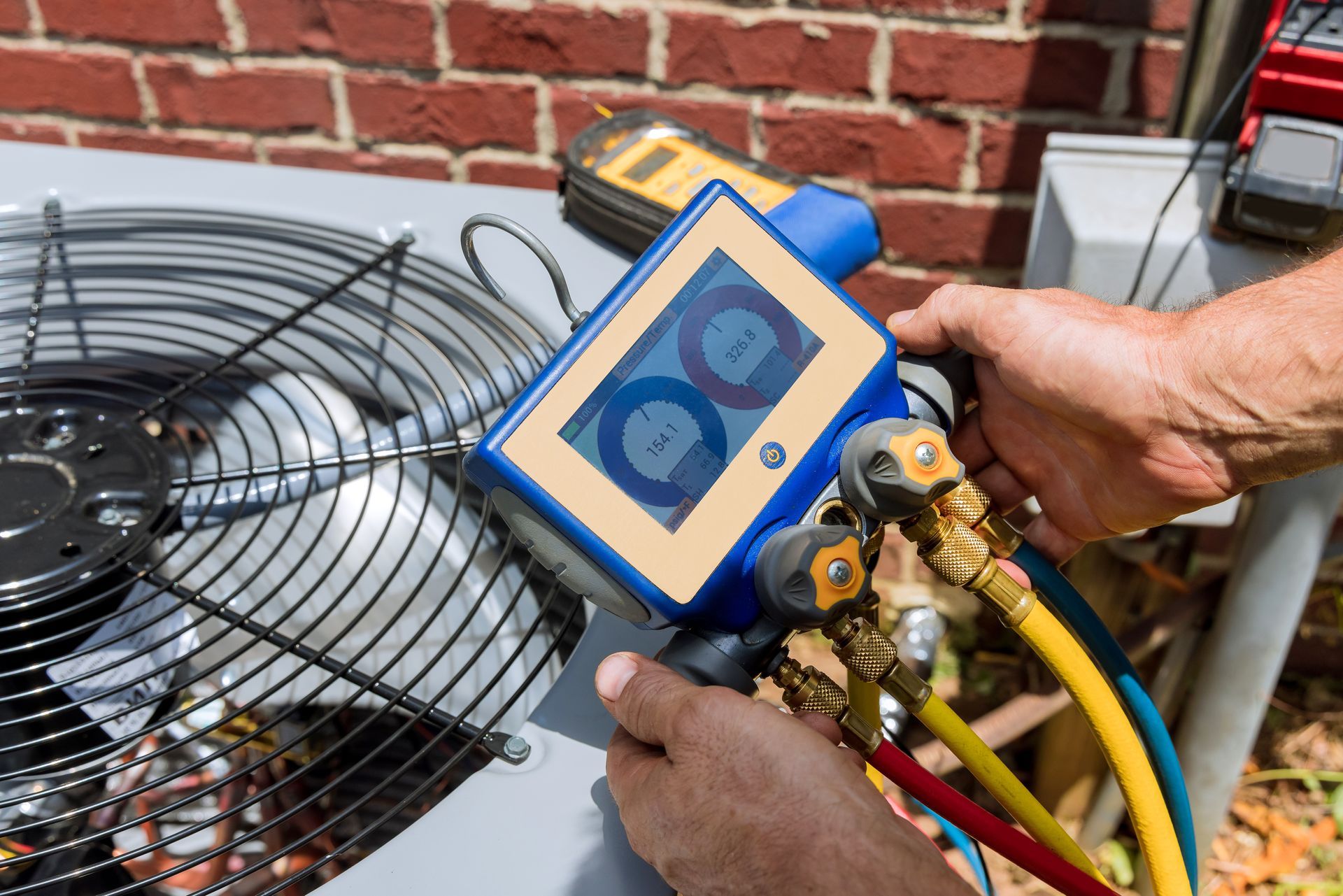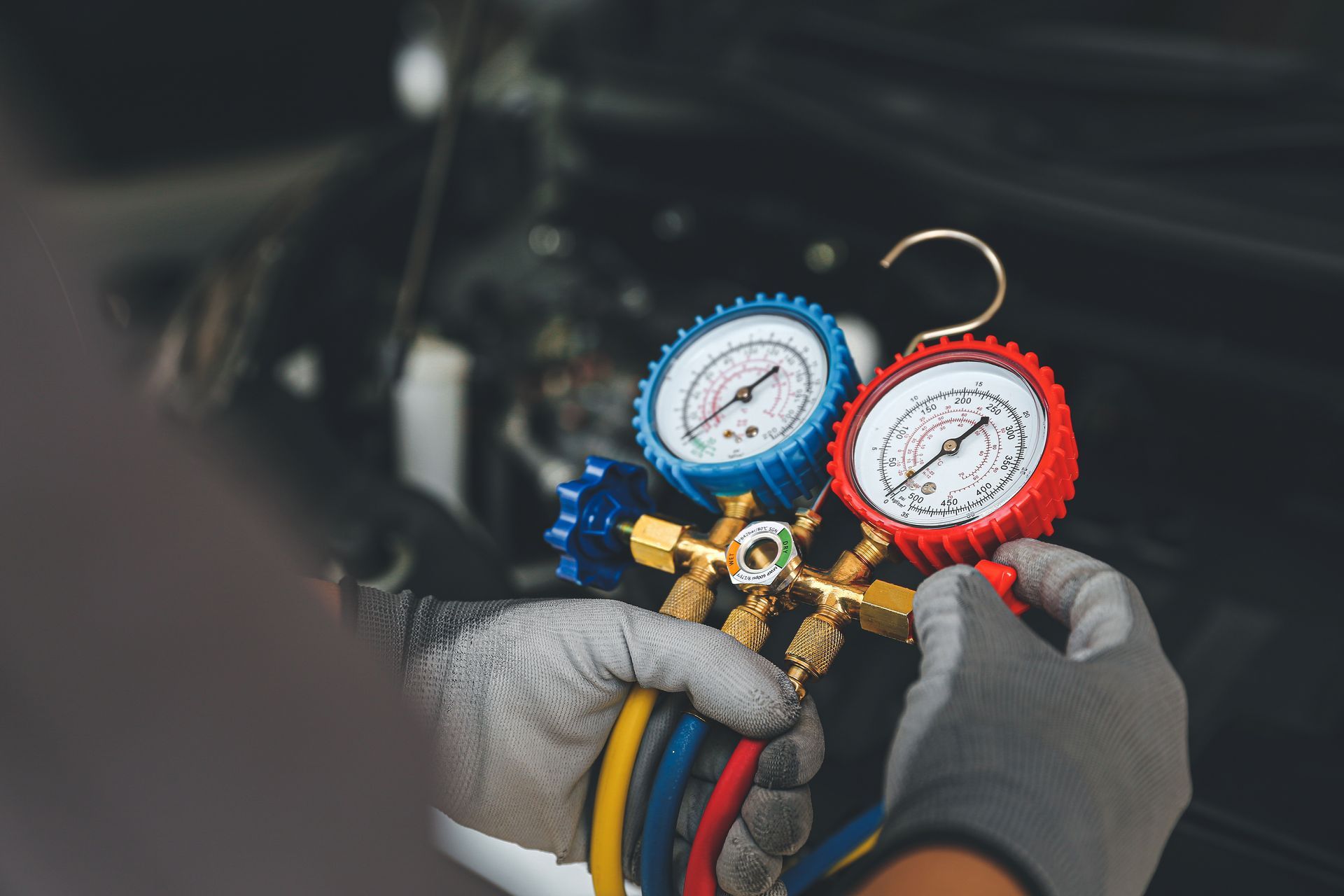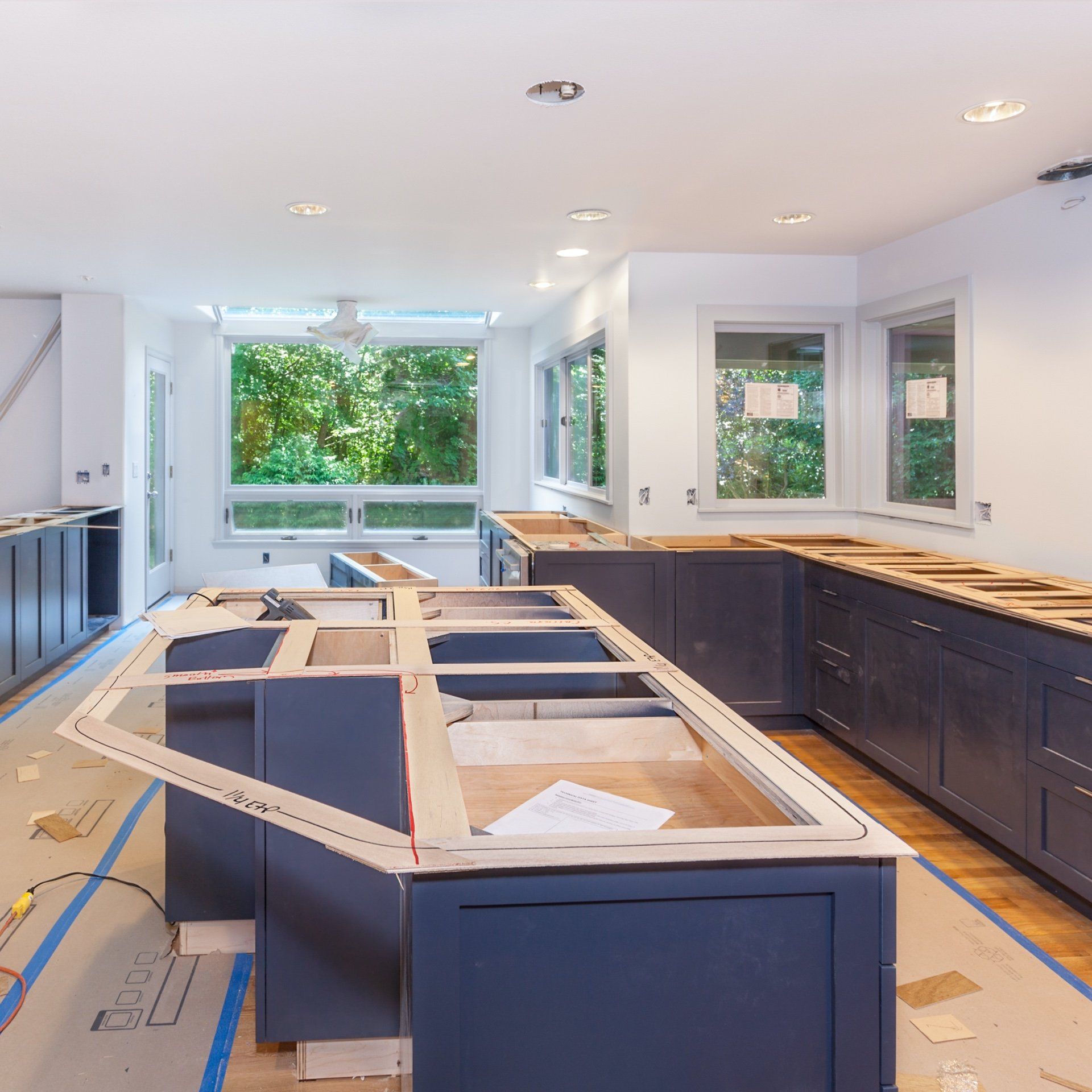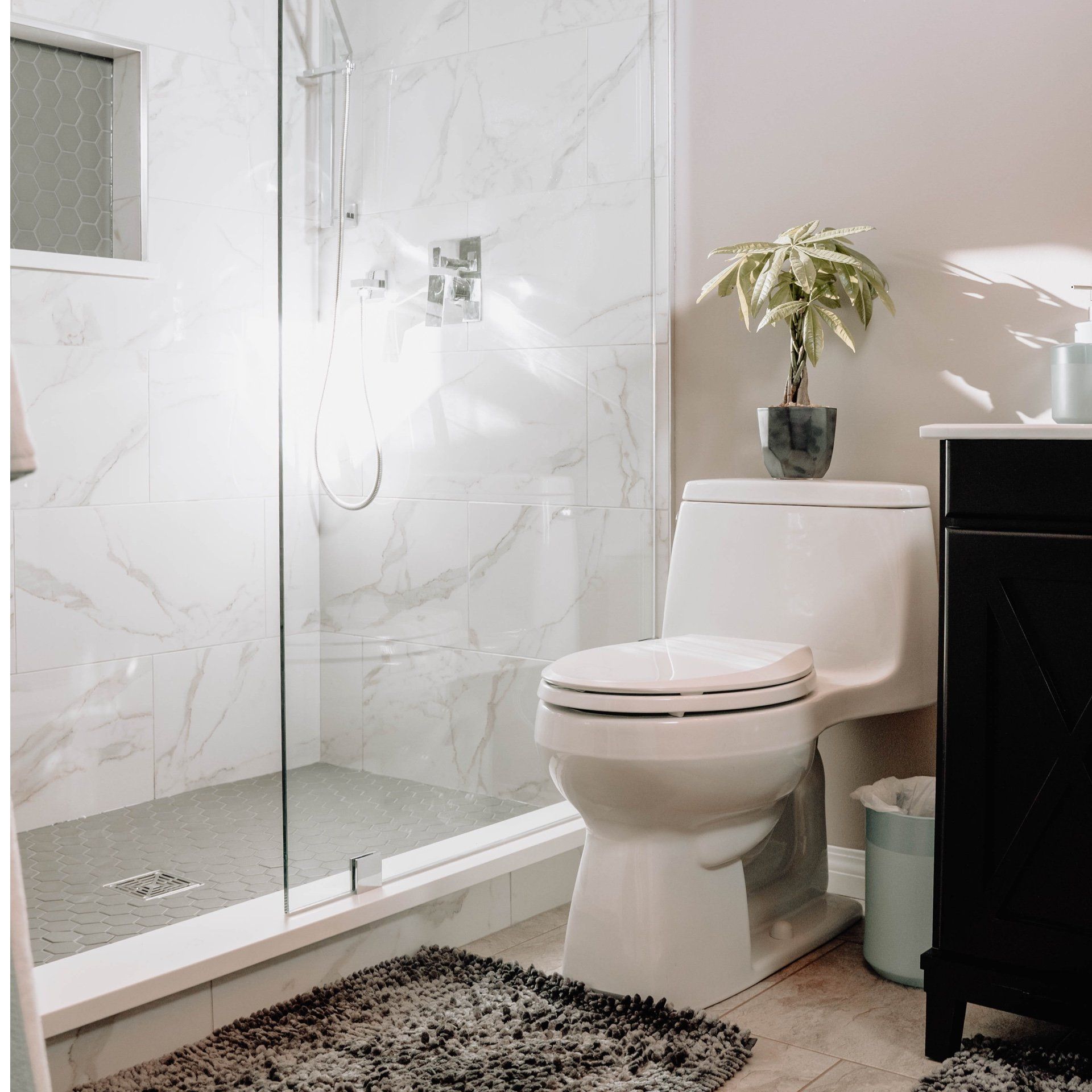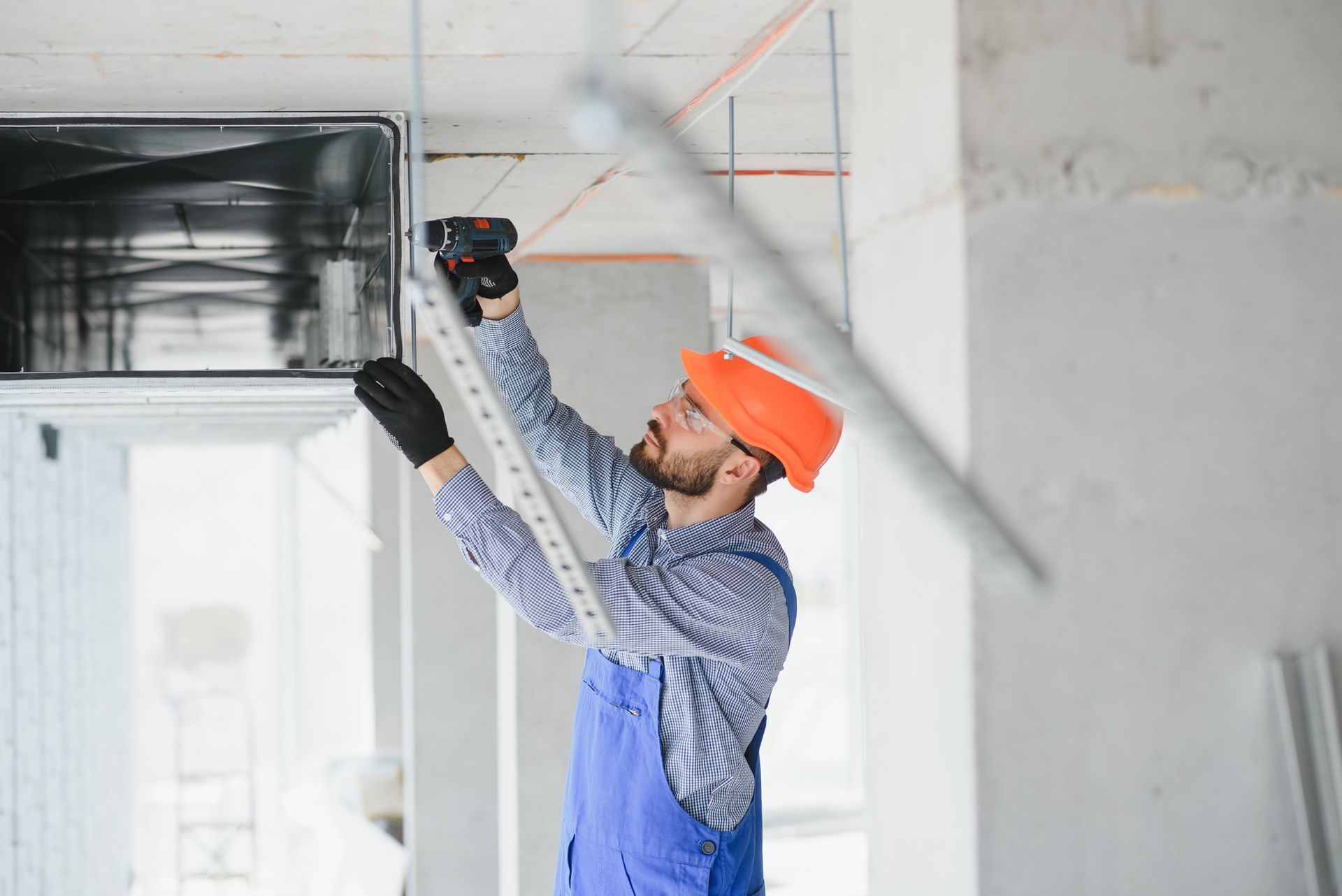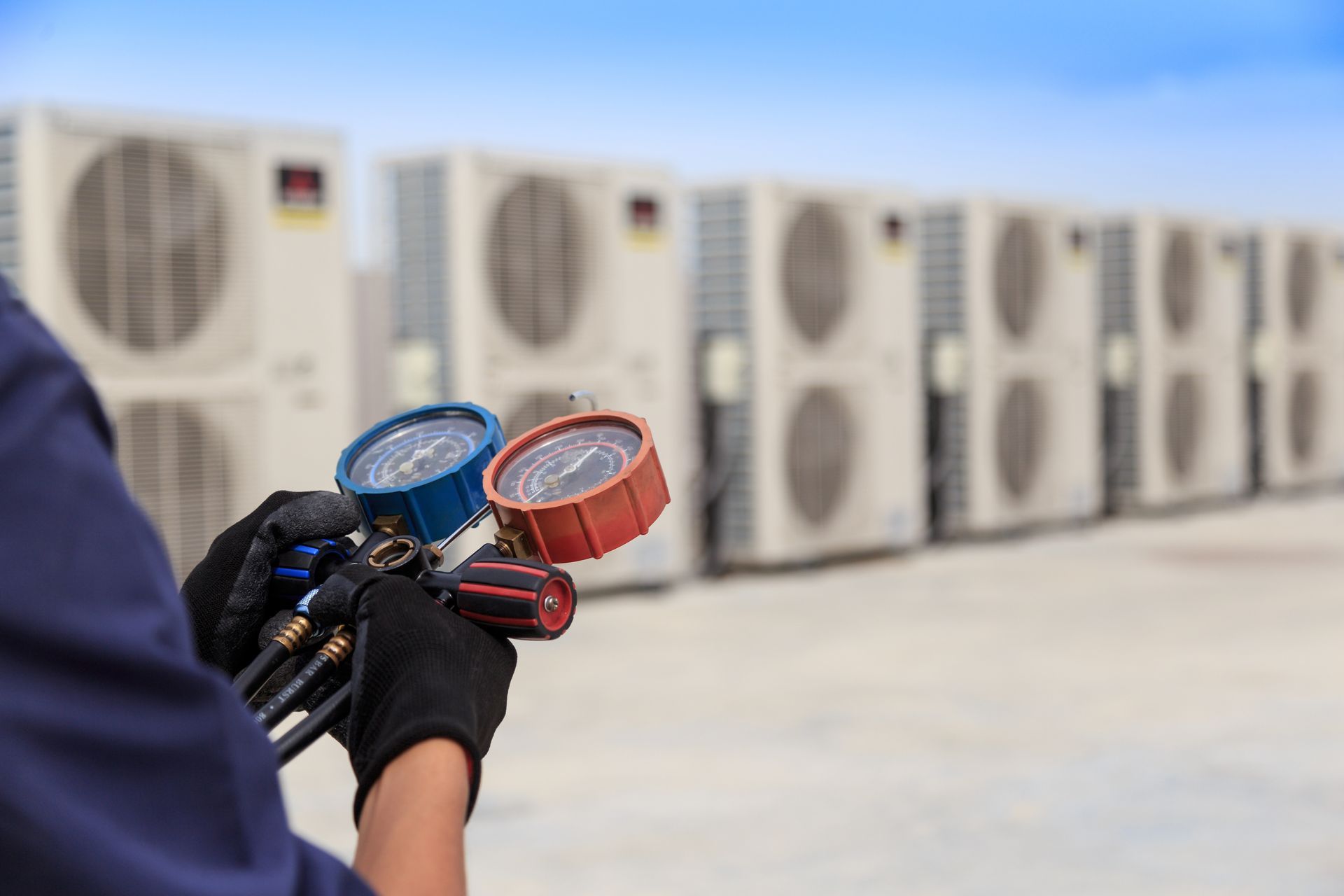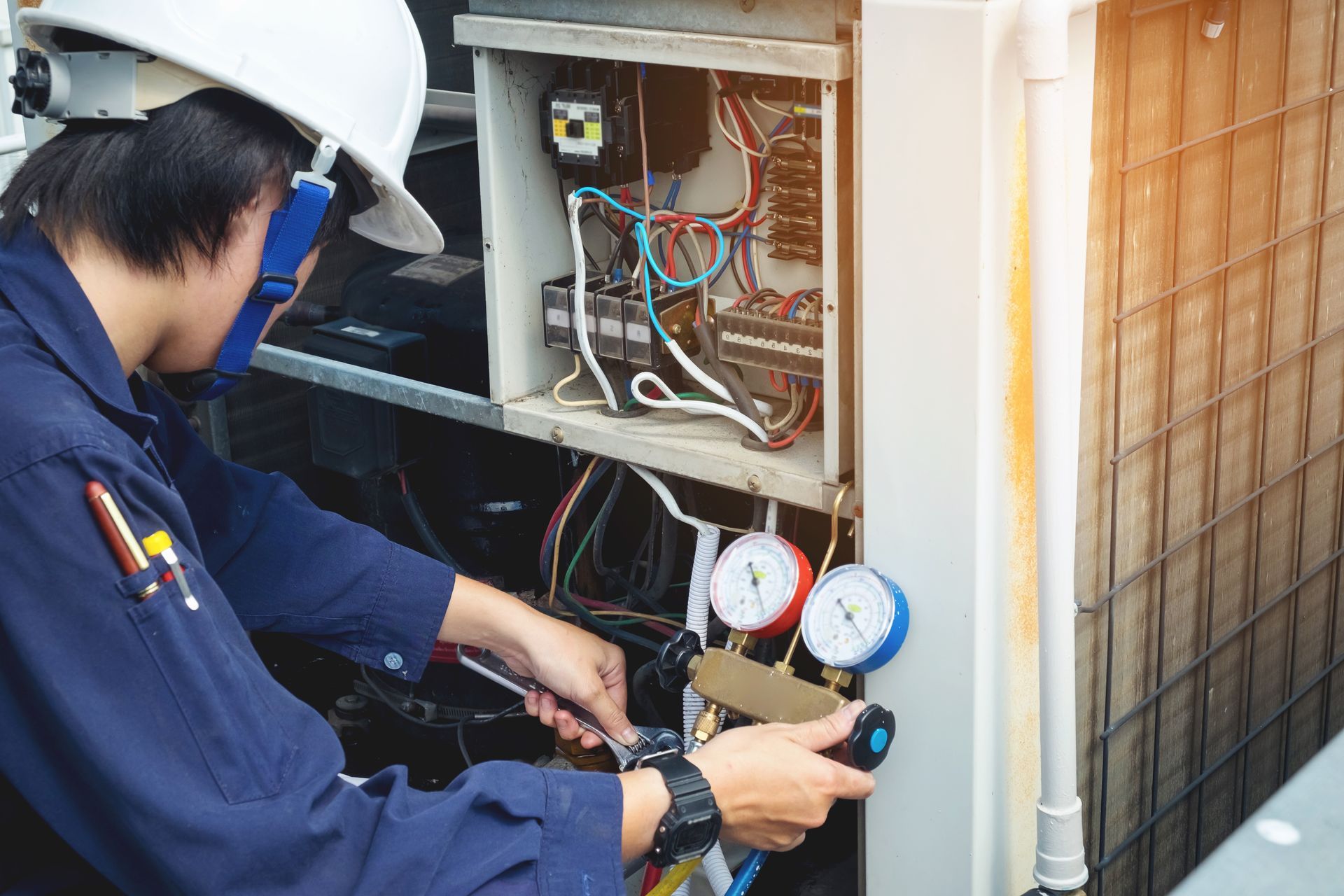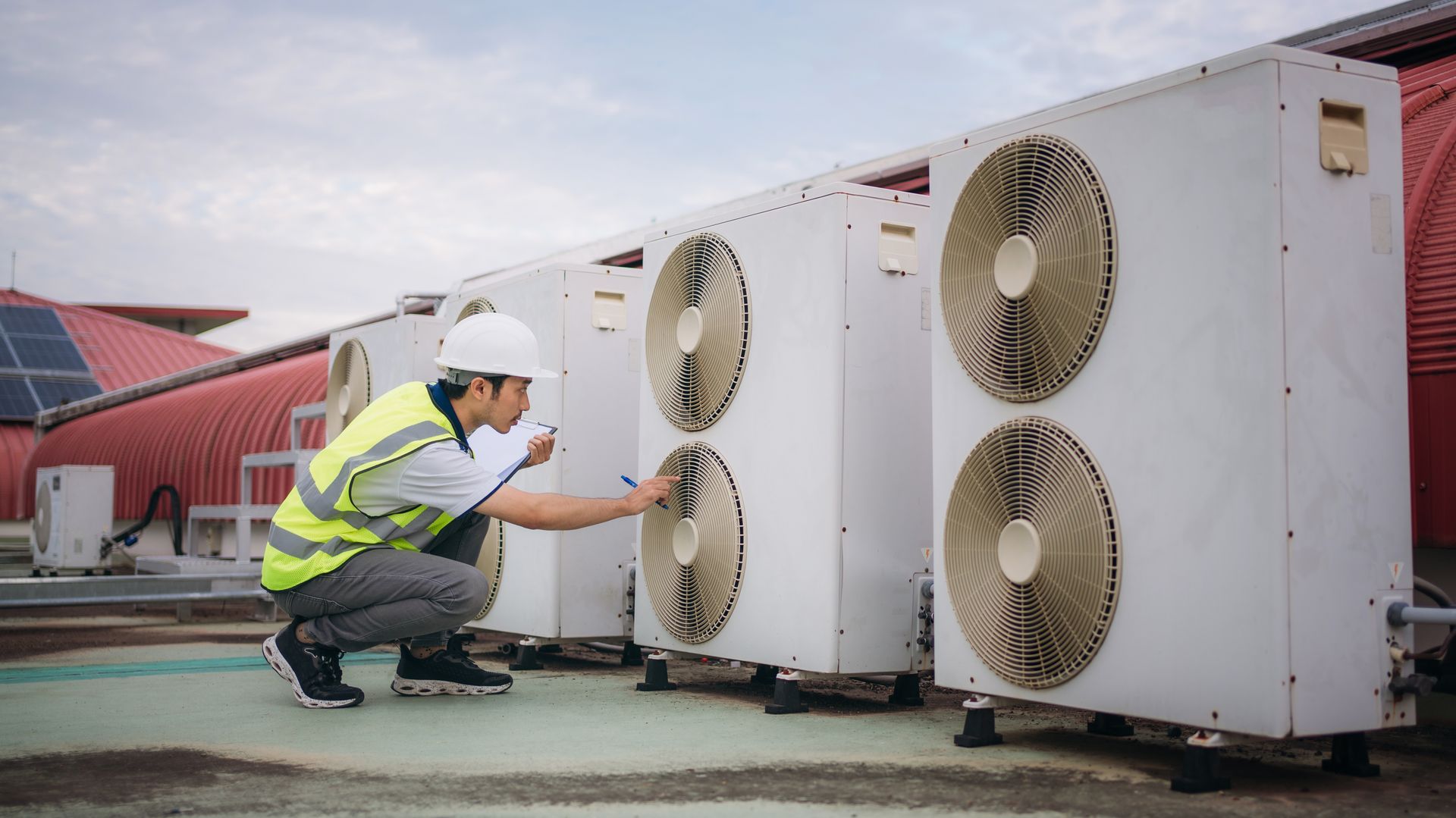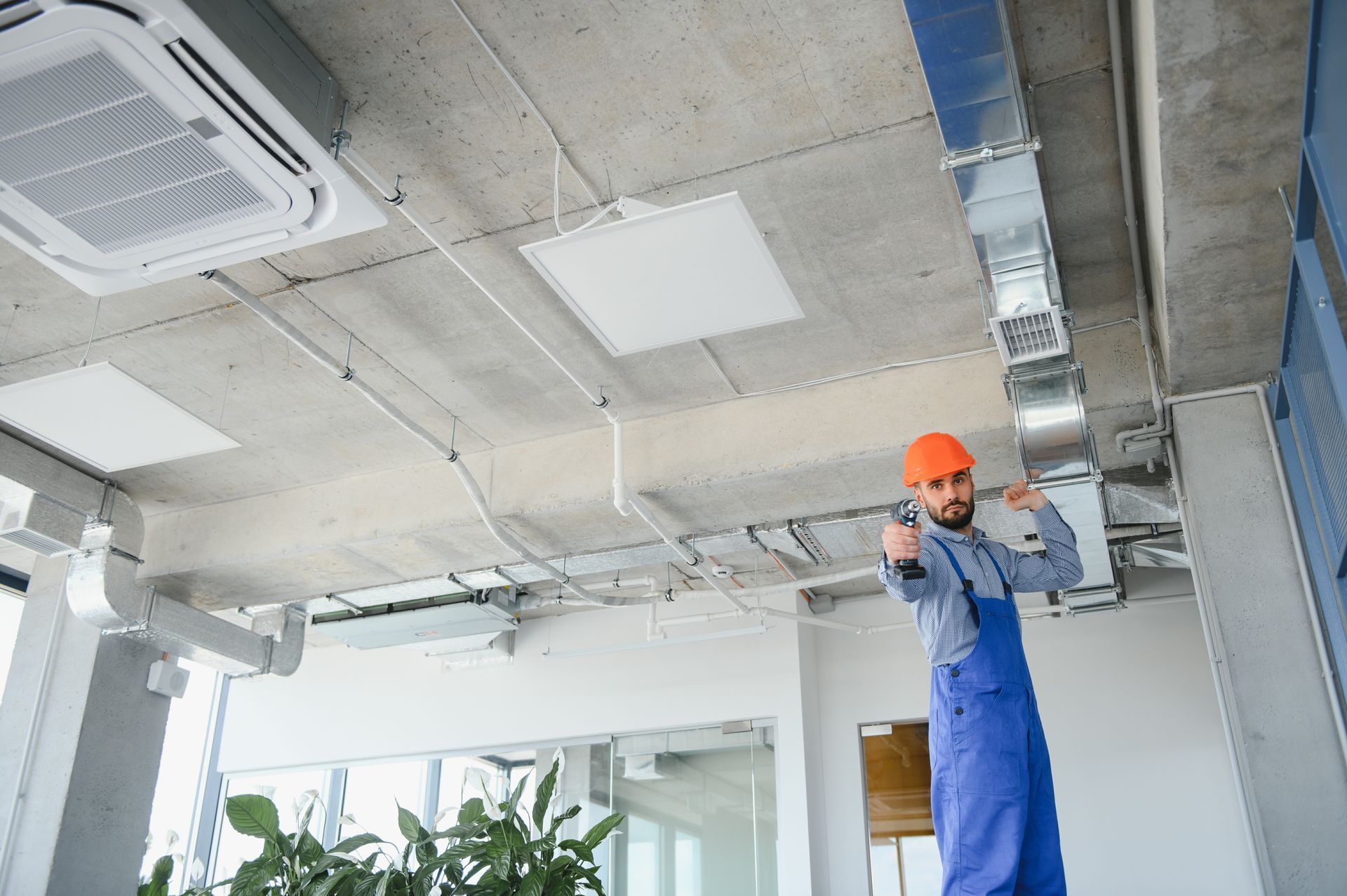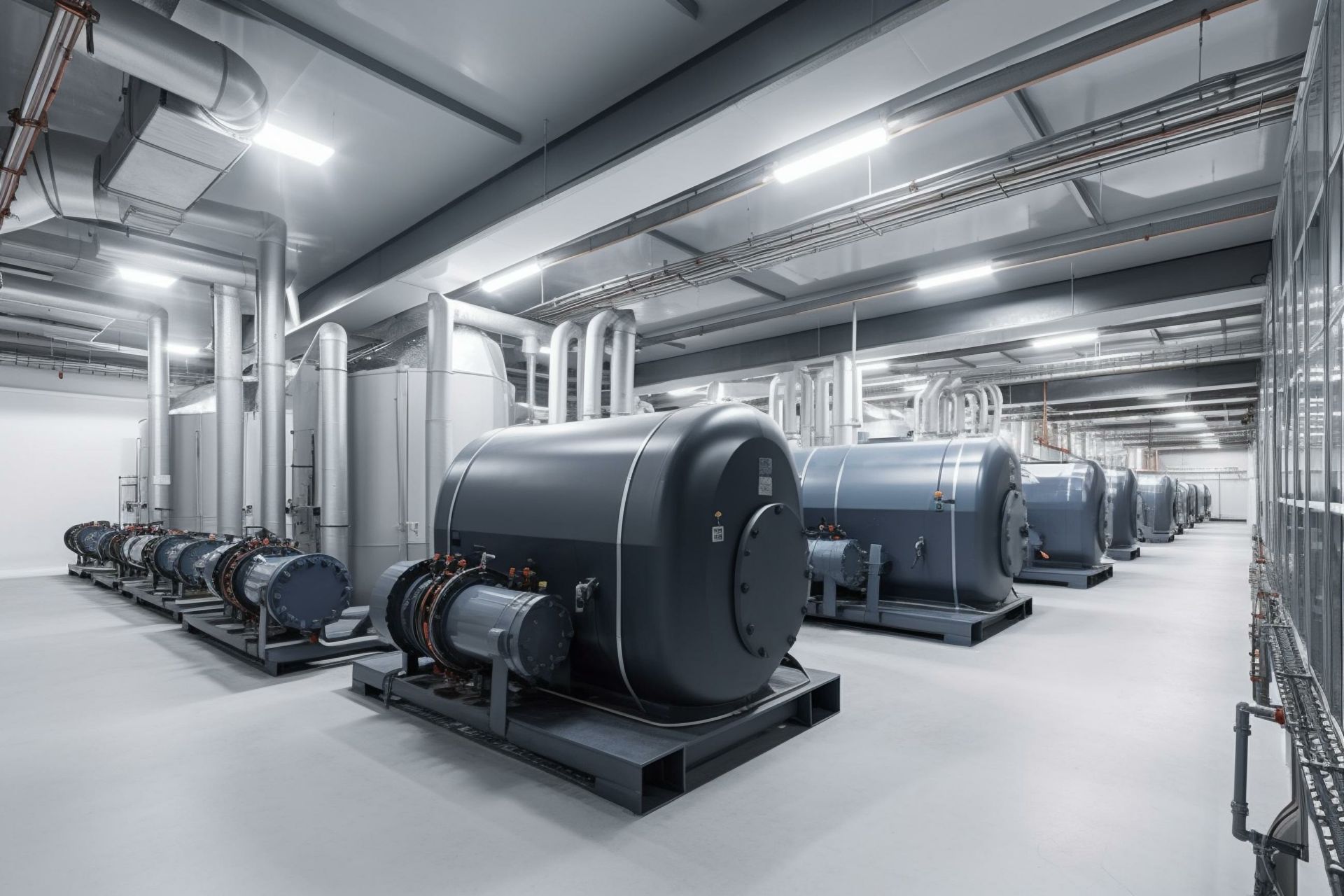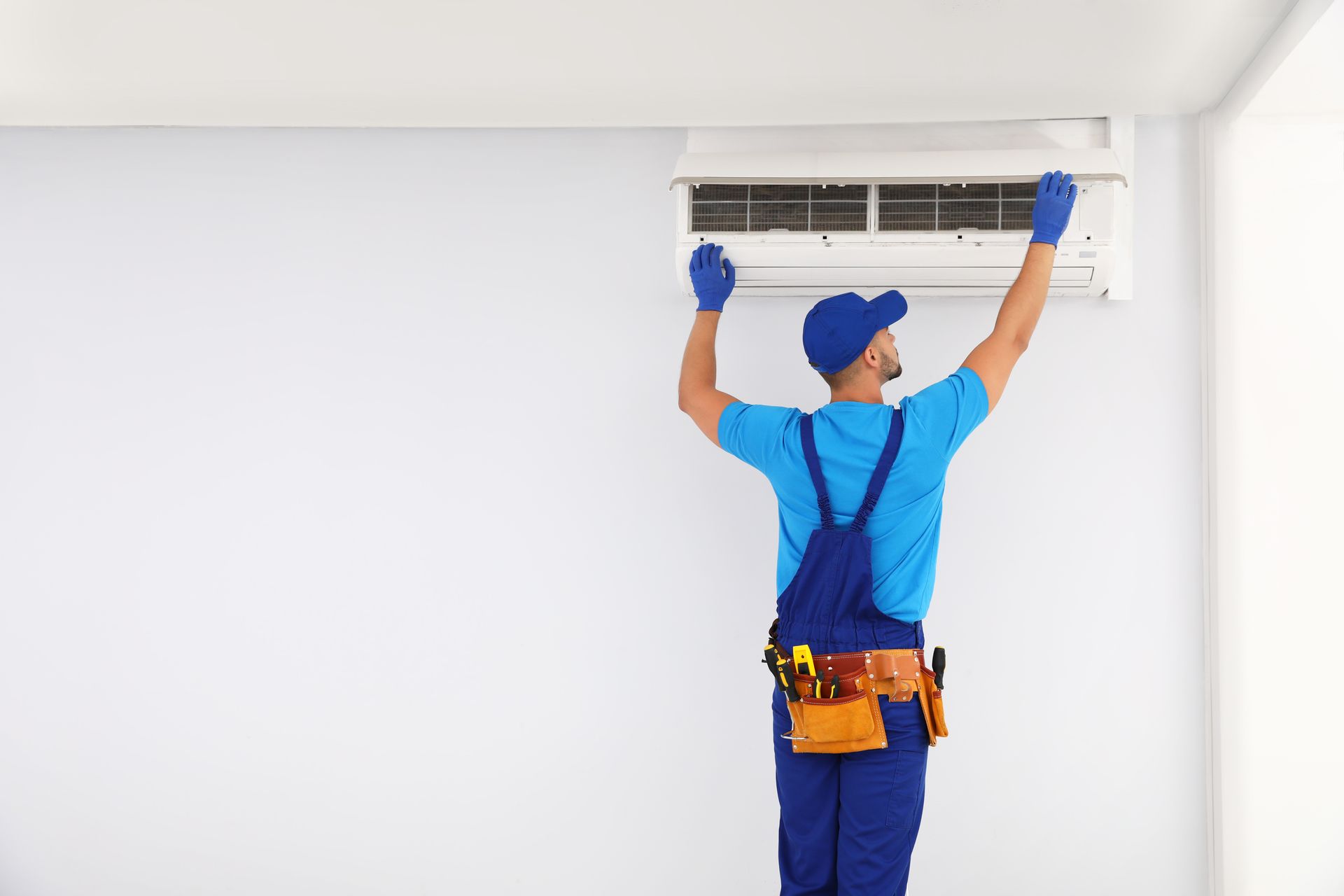Understanding the HVAC System: A Comprehensive Guide to its Components and Functions
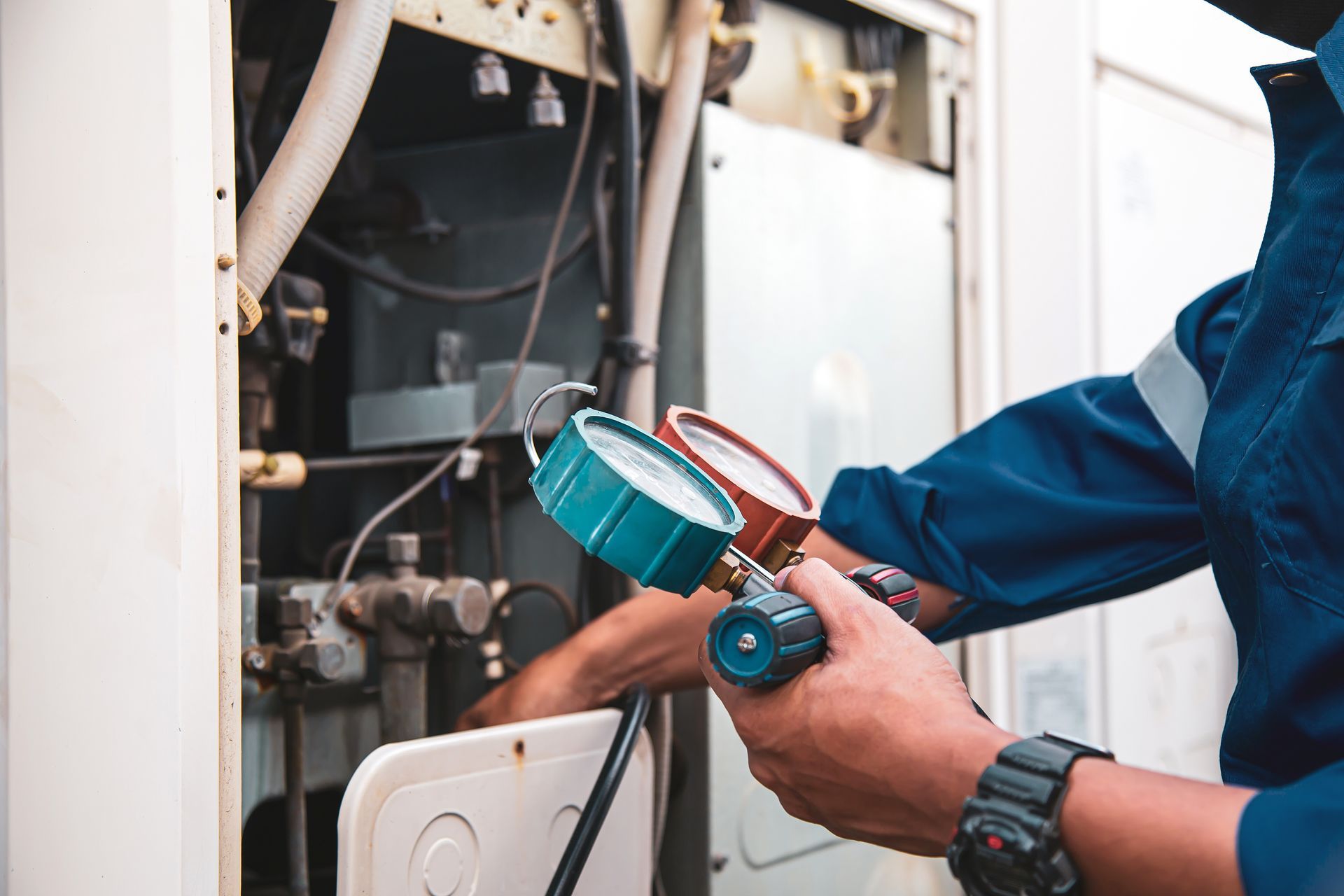
Heating, Ventilation, and Air Conditioning (HVAC) systems are vital to maintaining the comfort and air quality in our buildings. Yet, many people don't know exactly how these complex systems work. In this article, we'll explain the essential components of an HVAC system and their functions.
HVAC System Components and Their Functions
1. Thermostat: The thermostat is the control hub of the HVAC system. It allows users to set the desired temperature and also triggers the system to either start or stop to maintain the set temperature.
2. Furnace: The furnace is responsible for heating the air which is then distributed throughout the building. It's one of the largest components and uses various fuels like natural gas, oil, or electricity to produce heat.
3. Heat Exchanger: The heat exchanger is located within the furnace and is responsible for warming the cool air when the thermostat triggers heat.
4. Evaporator Coil: Located inside the indoor unit, the evaporator coil cools the air when the thermostat is set to lower temperatures.
5. Condensing Unit: This unit is located outside the building and filled with refrigerant gas. When the refrigerant is cooled, it changes from gas to liquid and moves back to the evaporator coil to cool the indoor air.
6. Refrigerant Lines: These lines carry the refrigerant from the evaporator coil to the condensing unit and vice versa.
7. Ductwork: Ducts are the transportation channels for hot or cold air throughout the building.
8. Vents: Vents are the outlets from where the air enters each room.
9. Air Handler/Blower: This component circulates the air through your HVAC system and your building.
The Importance of Hiring an HVAC Professional
HVAC systems are complex, and each component needs to work seamlessly with the others for the system to operate efficiently. Here's why hiring a professional HVAC contractor is crucial:
1. Proper Installation: HVAC professionals are trained and have the necessary experience to install these systems properly. An improperly installed system can have a significantly shorter lifespan, perform inefficiently, and even be unsafe.
2. Maintenance and Repairs: Regular maintenance is essential for the efficient operation of an HVAC system. HVAC professionals can detect and fix problems early, preventing costly breakdowns and ensuring the system operates at peak efficiency.
3. Safety: HVAC systems involve electrical components and can use combustible fuels. Professionals are trained to handle these safely, protecting you and your building's occupants.
Risks of a DIY Approach
While DIY projects can be fun and satisfying, attempting to install or repair an HVAC system without professional training can lead to problems. These can range from reduced efficiency and frequent breakdowns to potential safety hazards. Furthermore, errors made during DIY installation or repairs can result in voided warranties.
Understanding how your HVAC system operates is beneficial, but maintaining it should be left to the professionals. Our team of experts is trained and ready to ensure your system runs efficiently and safely.
If you need installation, maintenance, or repair services for your HVAC system, don't hesitate to reach out. Visit the 'Contact' page on our website to get started. Our professional team is ready and eager to assist you with all your HVAC needs.
